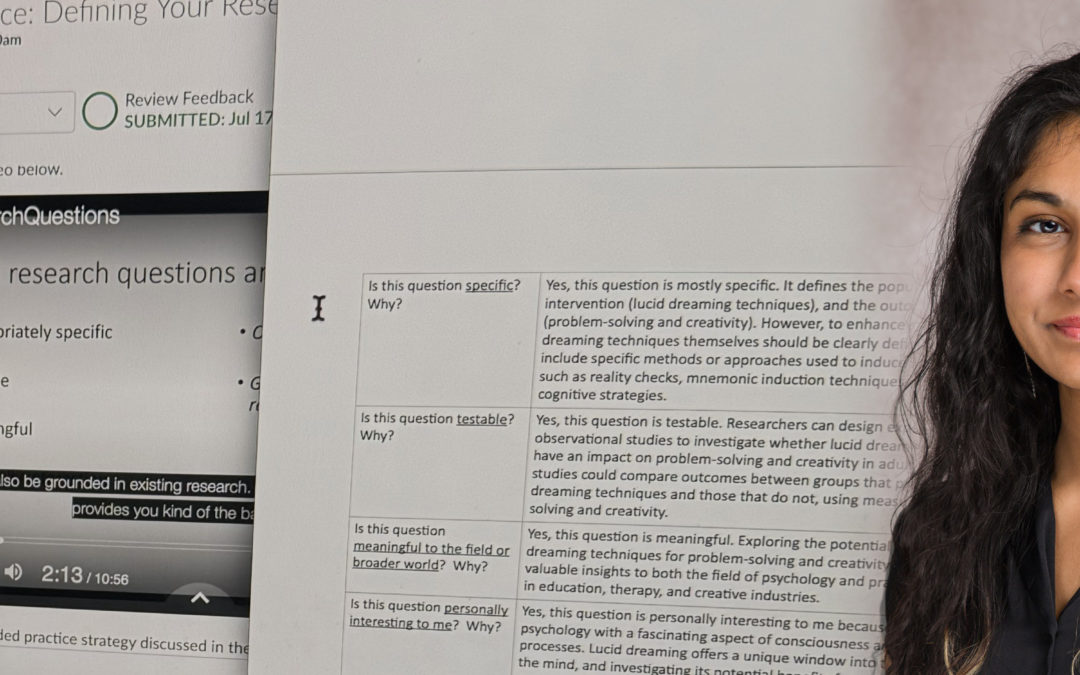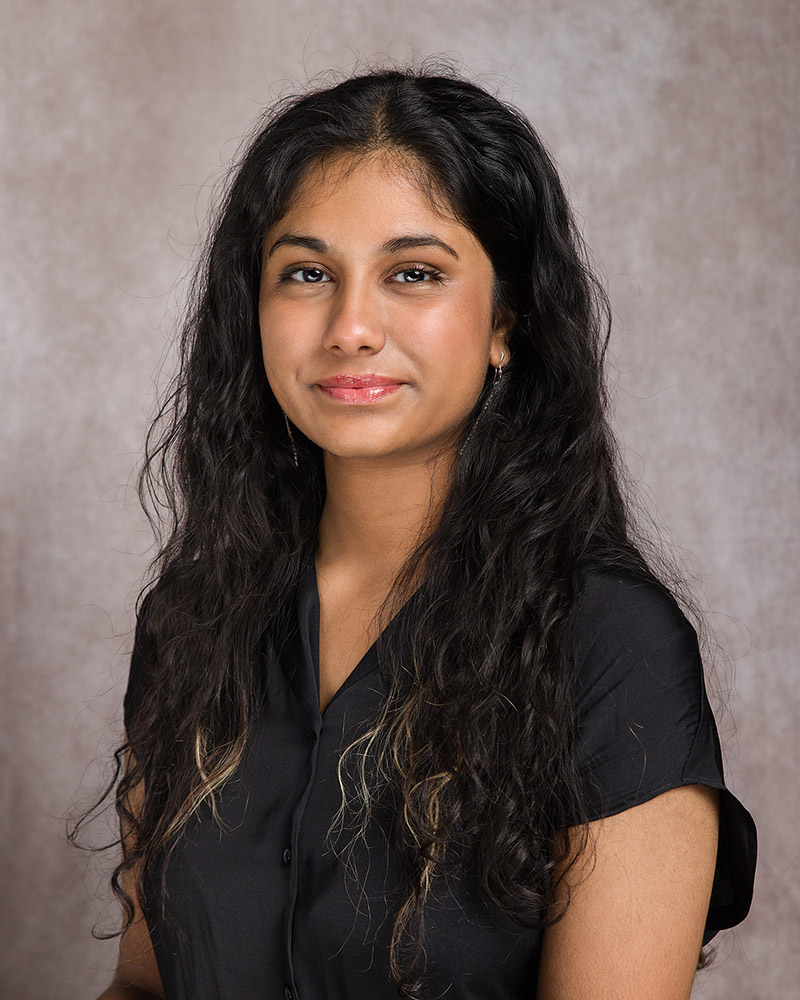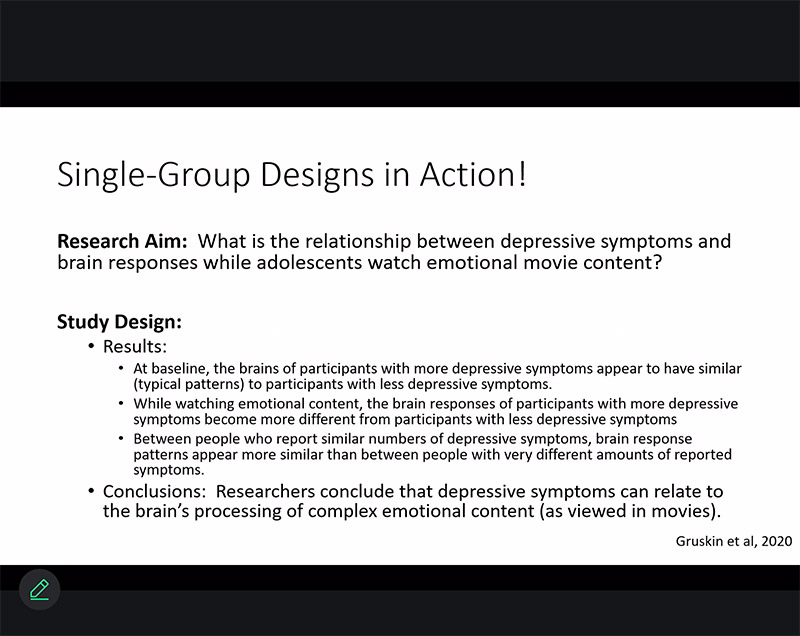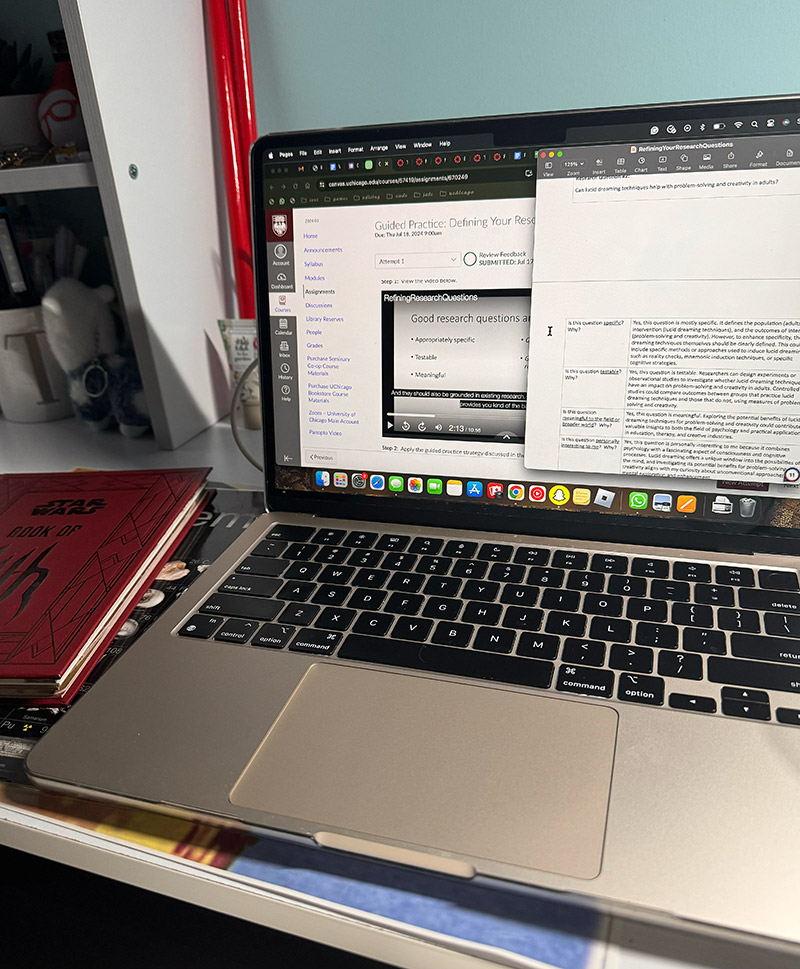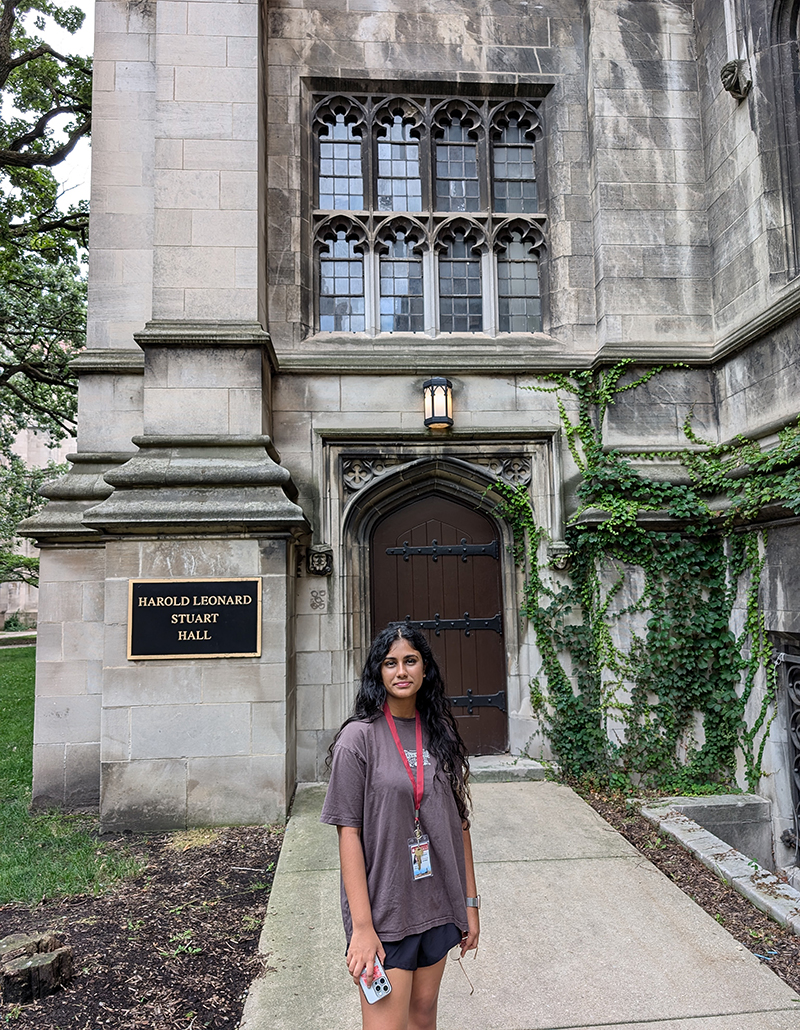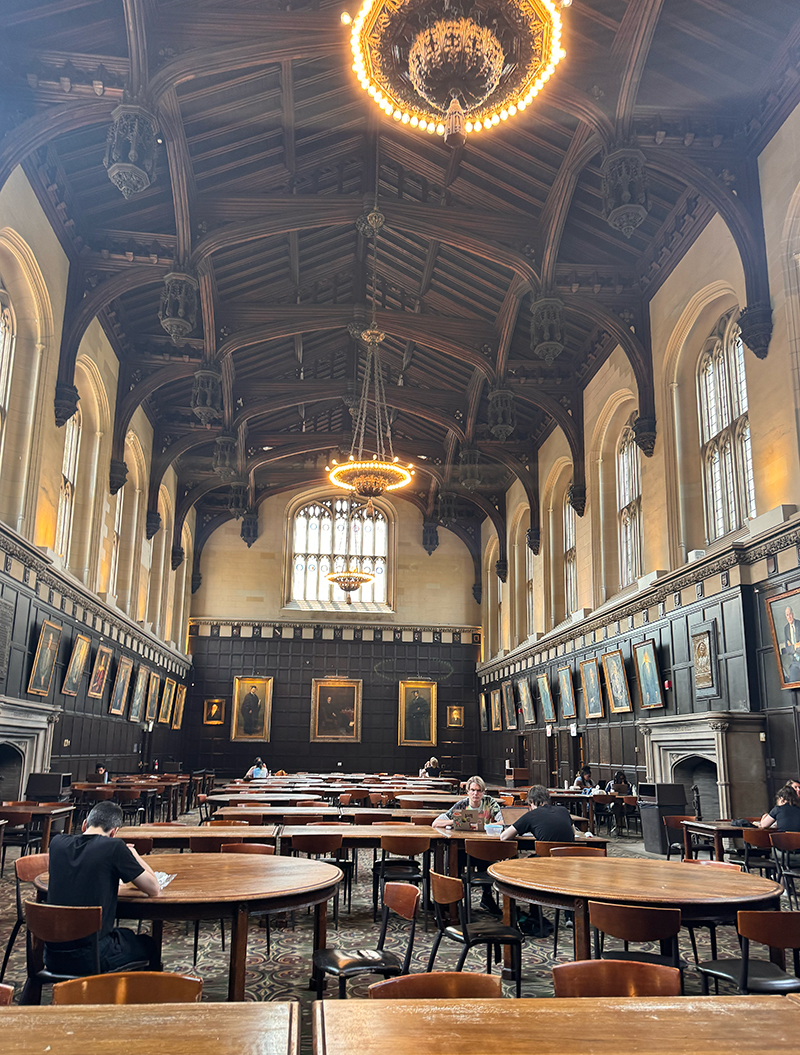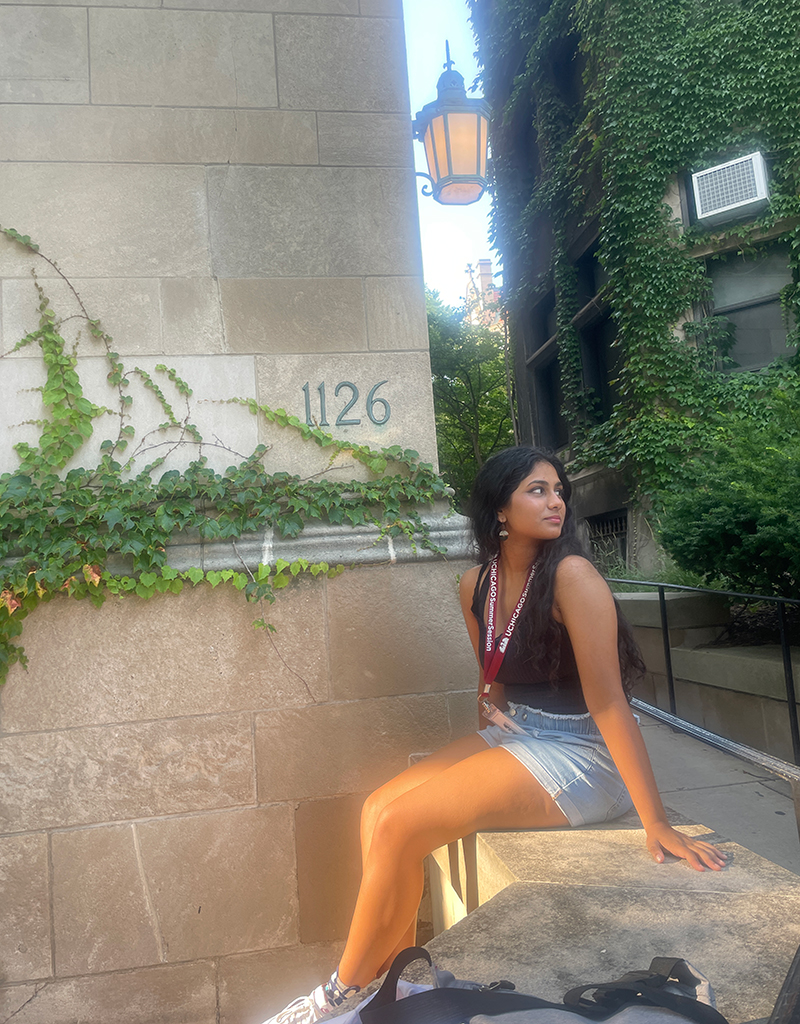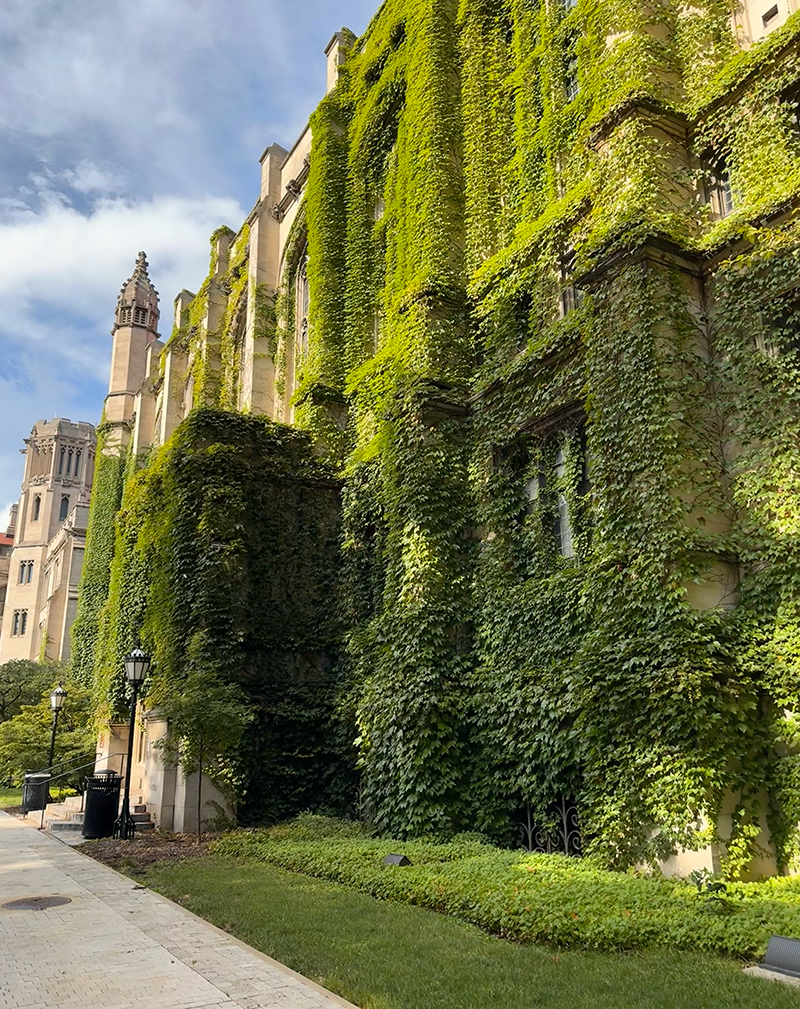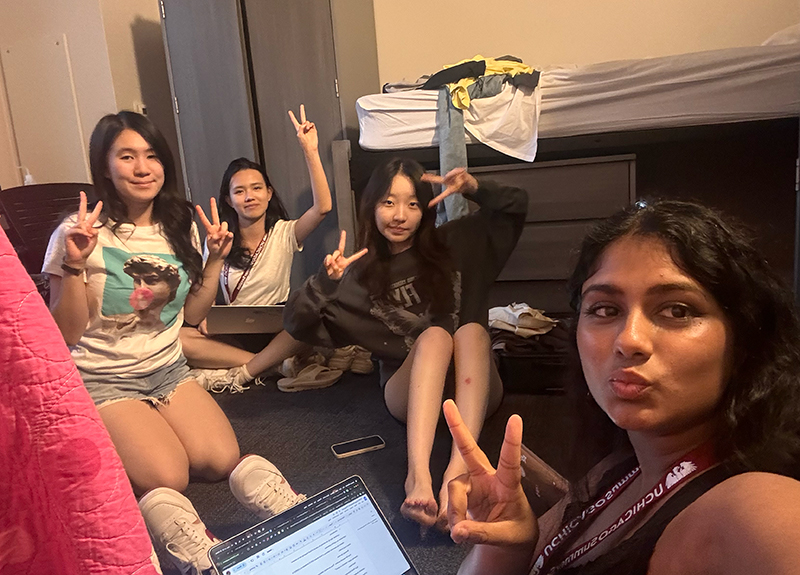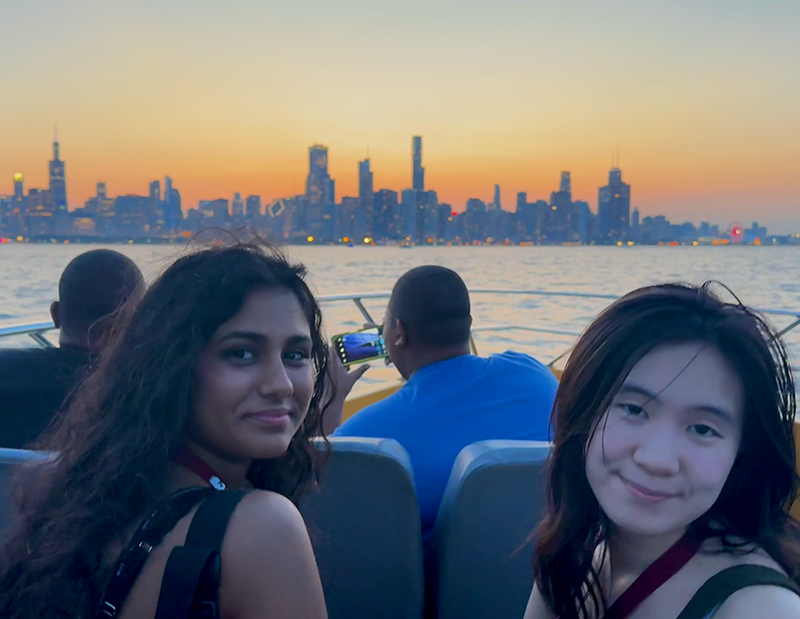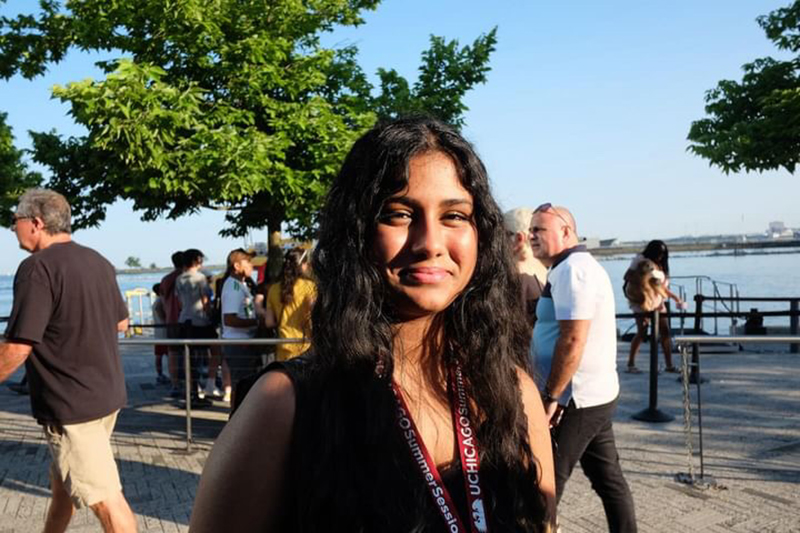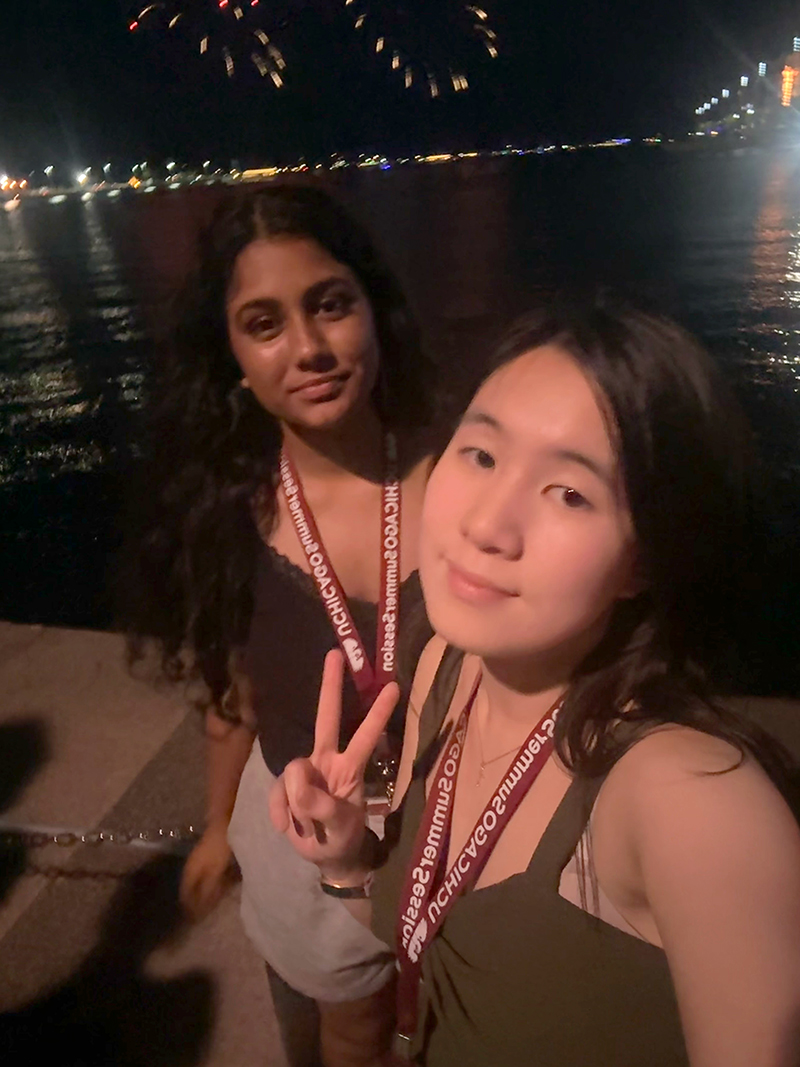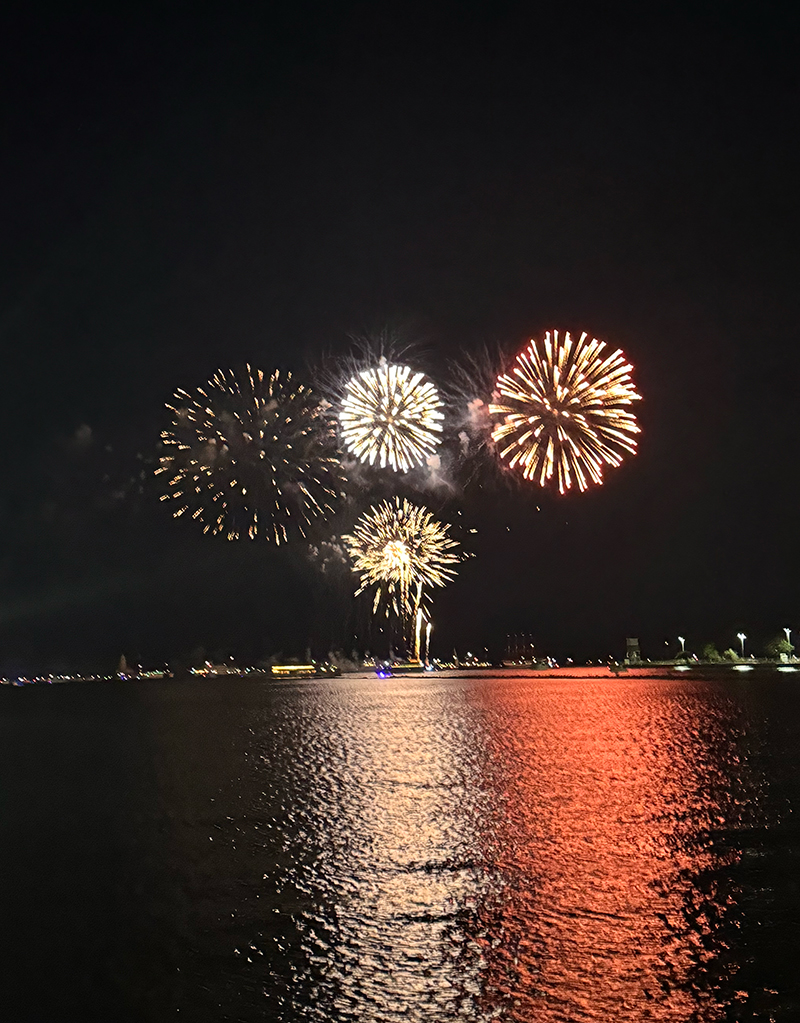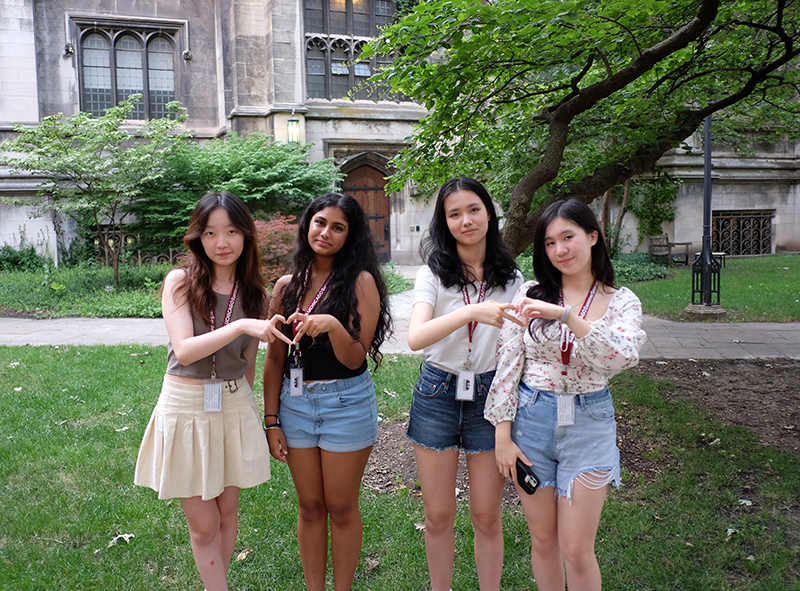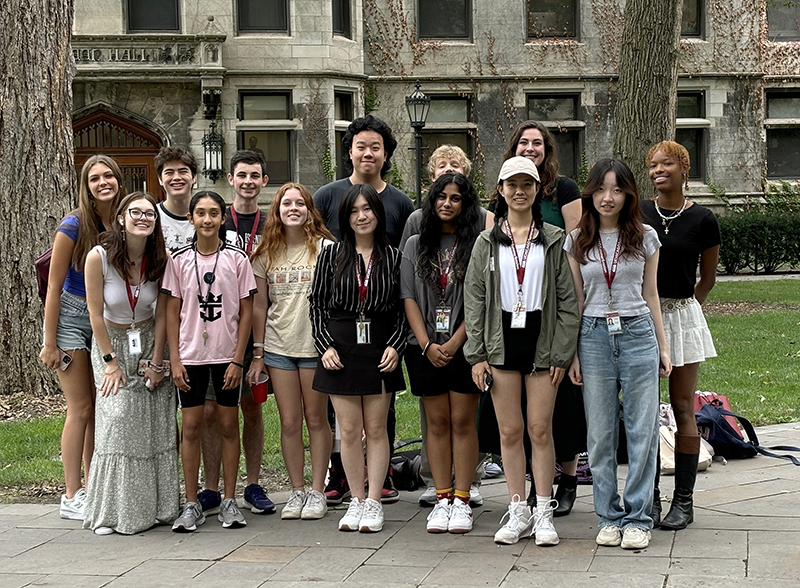Tanya Arun reports on her virtual course “Foundations of Psychological Research,” from the University of Chicago. Tanya says she spent her first week learning about the sub-fields of psychology, animal models, and various research methods. In addition, the students were asked to develop research questions that they would explore while attending the course.
“The question I chose to look into during the course was related to how lucid dreaming techniques could help with creativity in adults. I’ve always been fascinated by the influence of dreams and I realized that being conscious during a dream can lead to important discoveries. Lucid dreaming, when utilized correctly, could significantly improve people’s lives and get them through creative blocks. Questions that couldn’t be answered could be answered within dreams, where there’s a broader range of opportunities. Exploring how these techniques affect problem-solving and creativity could provide new ways to enhance mental abilities,” Tanya explains.
“Additionally, we learned how psychologists conduct research, considering factors such as recruitment, research requirements, and potential beneficiaries. We also learned how to search for and evaluate research articles to support our research questions after understanding what to look for in an article,” Tanya adds.
Outside of class, Tanya spent time watching lectures on various topics, discussing research questions with her colleagues, taking short quizzes, reading research papers, and learning new terms and methods used for conducting research, experiments, and writing papers. She has also been getting closer to her classmates.
“Though the course is only through Zoom for the first two weeks, I feel like I have a good relationship with my peers. Though everyone is from different parts of the world, we all enjoy learning about psychology and how the mind works. Everyone is interested in different areas of psychology and it’s interesting to see how their research will go. Our instructor knows a lot about the subject and explains everything very well, so I’m able to understand the new topics. The course is very exciting for me since I haven’t had the chance to learn more about psychological research. I’m looking forward to meeting everyone in person and working towards discovering more about the mind,” Tanya says.
Week Two — Refining the Research Process
For her second week, Tanya was focused on refining her research question and picking a design that would be best for testing.
“My question about lucid dreaming techniques on creativity was narrowed down to focus on a specific technique (MILD). The instructor gave us helpful feedback, and many of my classmates were able to specify our topics. There was a discussion on between-subjects designs, which is what I chose as the best fit for my research question. In between-subject designs, different participants are assigned to different groups or conditions, and each participant experiences only one condition of the experiment. My design would involve two groups: an experimental group that receives MILD training, and a control group that does not receive any training. Creativity is subjective, but it’s able to be measured using tests such as the Divergent Association Task quiz, which in my project would be administered at baseline and again after a 4-week intervention period. Using this, I was able to write a research proposal overview paragraph that detailed how I would go about my research. This was all working towards our final research paper,” Tanya explains.
“For our assignments, we had various readings, quizzes, and discussions. In addition to between-subject designs, we had discussions about observational/correlational designs and secondary data designs, where we wrote about which would best fit our research question. We had readings showing the different ways humans interpret things, such as how different types of motivations shape them and how they view their communication. We focused on accurately summarizing such research articles and synthesizing information by extending the arguments presented within them. I connected the points of the articles to real-life instances where they could be helpful. Additionally, we had assignments addressing biases and other topics to consider when conducting research. Not accounting for such things could lead to inaccurate results, so we were taught how to search for and avoid them. We were also told about surveys and ways to administer them to assist with data collection,” Tanya reports.
“Aside from that, we learned what happens to our research afterward, including how findings that aren’t deemed important are often forgotten, which can lead to problems such as a lack of progress in certain areas and the repetition of studies. We also discussed how some research journals require payment, making it difficult to access certain findings and get published, which can limit the availability of valuable research and create barriers for researchers with limited funding. I’m nervous about the possibility that if I do research in college, which is what I want to do as of now, my findings might not be considered important, but I find the process to be rewarding. I hope that in the future, I’ll be happy doing the process,” Tanya adds.
“I’m looking forward to being in person next week and visiting the UChicago campus. There wasn’t much detail about our dorms and rooming arrangements, so I’m curious to see if I have a roommate and how living there will be. This has been a great experience so far,” Tanya exclaims!
Week Three — Mastering Communication Strategies
The third and final week of the course was held on campus at the University of Chicago. Tanya was impressed with the “stunning architecture” and the dorms on campus.
“I was very excited for my first in-person week on campus. My roommate turned out to be very friendly, and we quickly bonded, often spending time talking and doing homework together, even though we were in different classes. Meeting my classmates in person was a smooth transition, as we had already gotten to know each other through Zoom classes,” Tanya says.
Tanya reports that during the third week, she learned how to effectively craft hypotheses for different types of research. The class also focused on mastering strategies for effective communication.
“We explored how to adapt our speaking to different audiences, practicing this skill through exercises like making elevator speeches and guessing the target audiences of our classmates’ presentations. We discussed the purpose behind these communication strategies and focused on our goals for effective communication. An essential aspect was using memory techniques to make our speeches more impactful, ensuring that the audience remembers the key points we want to emphasize. We also had the exciting opportunity to speak with research psychologists who visited our class. This allowed us to ask questions about the workings of college-level research, helping with my understanding of the field,” Tanya explains.
Throughout the week, Tanya spent time preparing her final research proposal. Although faced with a few technical computer issues, Tanya was able to complete her project successfully.
“Our final projects were a research proposal paper discussing our experiment, and a presentation to explain it to our classmates. For our presentations, we were given the choice of doing a live presentation, creating a podcast, or making a video. I chose a video because it allowed me to use various effects and edit it to fit the time limit perfectly,” Tanya says.
“Our instructor was exceptionally kind and thoughtful, baking homemade cookies for us and bringing popcorn on the last day so we could enjoy it while watching each other’s presentations. I formed strong connections with my classmates, and we often studied together and assisted each other with our projects,” Tanya adds.
As the final week came to an end, Tanya and classmates had an opportunity to explore the city of Chicago.
“One of the highlights of the week was a boat tour at Navy Pier, where we got to admire the city’s architecture and enjoy a fireworks display. This outing was a good bonding experience and allowed us to appreciate the city from a different perspective. The week was filled with many fun and enriching experiences, and I enjoyed building good relationships with everyone. Although the week ended too quickly, it was an unforgettable experience, and I hope to have similar opportunities in the future,” Tanya says.
Great work, Tanya. We are so happy to hear that you were able to successfully tackle the complicated aspects of the course and build good connections with your classmates!
>> Read Tanya Arun’s final report (PDF File, 78 KB)
>> Learn about the other students’ experiences in the GFF Scholarship Program.

